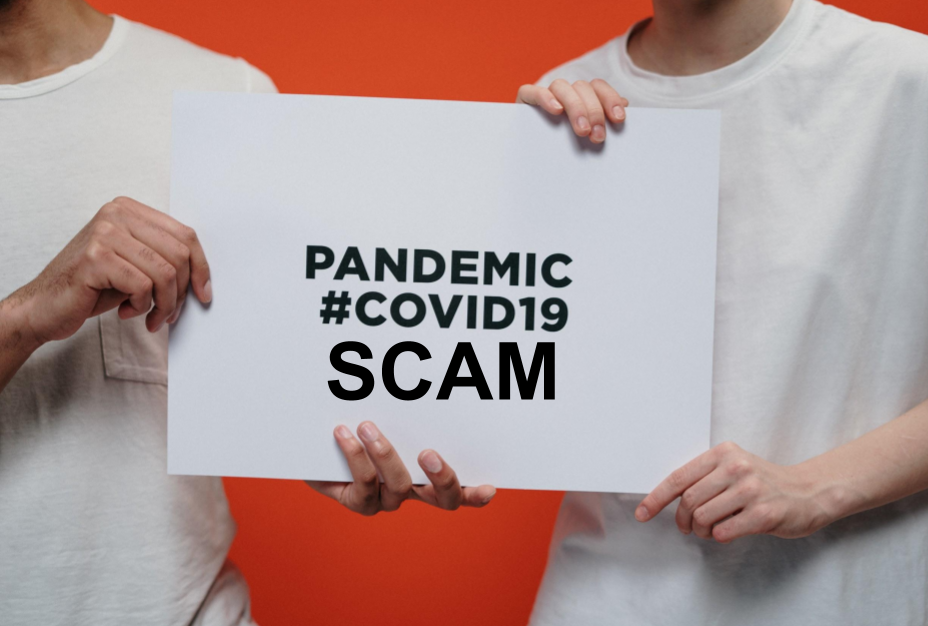We are all worried by the pandemic, and watching news reporting how the numbers increase and people’s panic buying really don’t help. Nonetheless, during this time and days, tellows would like to remind you do not fall victim of phone scams related to COVID-19. Scammers around the world are taking advantage of the fear surrounding it to deceive people into disclosing personal information and money.

According to Action Fraud UK, scammers have conned people out of more than £970k in the month with 105 reports. Graeme Biggar, Director General of the National Economic Crime Centre, said:
“We have already seen fraudsters using the COVID-19 pandemic to scam people looking to buy medical supplies online, sending emails offering fake medical support and targeting people who may be vulnerable or increasingly isolated at home.
The advice is simple, think very carefully before you hand over your money, and don’t give out your personal details unless you are sure who you are dealing with.”
The following are some most commonly seen coronavirus scams:
Phone fraud
Scammer pretends to be medical officials, claiming a relative has fallen sick with the virus and then requesting payment for their treatment. We wrote a whole new article about this type of scam, which you can find here.
Phishing
Victims receive emails from criminals pretending to be from health authorities, or legitimate companies, using similar looking websites or email addresses. By sending coronavirus-themed phishing emails, scammers are attempting to trick people into opening malicious attachments or revealing sensitive personal and financial information.
Cyber scam
Fraudsters are setting up bogus websites of companies selling toilet paper, face masks and medical supplies. According to Action Fraud, one victim reported losing over £15k when they purchased face masks that were never delivered.
Email scam
Action fraud reported that several cases including scammers pretended to be from research organisations associated such as Center for Disease Control and Prevention (CDC) and the World Health Organisation (WHO). They claim to be able to provide the recipient with a list of coronavirus infected people in their area. In order to access this information, the victim needs to click on a link, which leads to a malicious website, or is asked to make a payment in Bitcoin.
How to avoid Covid-19 Scam
- Double check before handing over your personal or financial information or money no matter which way fraudsters are trying to reach you.
- Don’t click on the links or attachments in suspicious emails, and never respond to unsolicited messages and calls that ask for your personal or financial details.
- Please be careful during online shopping especially for masks, medical or household supplies.
Lastly, If you receive suspicious phone calls or SMS related to Covid-19, please don’t hesitate to report it on tellows or with the tellows app.
Stay safe!
Your tellows team